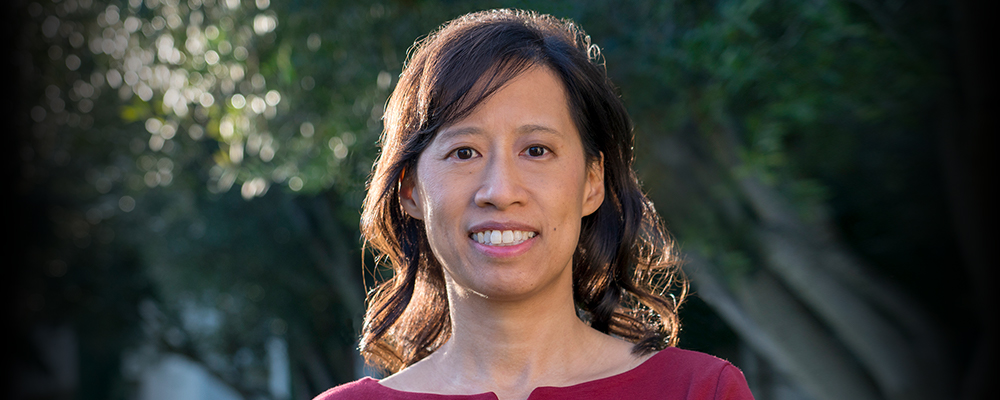Suchada Nopachai, MD
Turning CPR Into Law
“Brain injury after cardiac arrest can occur within 5 minutes and become permanent within 10. Given that paramedics take 9 to 11 minutes to arrive, the true first responders in any medical emergency are the bystanders—you and me.”
Dr. Nopachai has always known her life’s calling is to help others. But this purpose took on a laser focus after a traumatic event in 2014, in which the gynecologic surgeon’s 4-year-old son suddenly collapsed in cardiac arrest while playing in a park.
Dr. Nopachai’s son, who fully recovered after she administered CPR and paramedics rushed him to Kaiser Permanente San Jose, is one of the lucky ones. Approximately 350,000 adults and 15,000 children experience sudden cardiac arrest outside the hospital setting each year in the United States, and the survival rate is just 10%.
“One reason survival is so low is that bystander CPR is often not provided,” says Dr. Nopachai. “It has become my mission to change that. CPR can double or triple a person’s chance of surviving.”
Dr. Nopachai wrote a California Medical Association (CMA) resolution calling for all teachers and staff for grades K through 12, as well as high school students, to be CPR trained. CMA passed the resolution, and she helped get it adopted into California law. The bill, AB 1719, mandates that all public and charter high schools requiring a course in health education for graduation include instruction in performing hands-only CPR, which is chest compressions without mouth-to-mouth breathing.
“Children as young as third grade can learn hands-only CPR,” says Dr. Nopachai, who continues to lobby for bills that support cardiac arrest protocols in schools, and volunteers teaching CPR to students. “With over 80 percent of sudden cardiac arrest cases occurring in the home, people are most likely to perform this skill on a loved one.”
Dr. Nopachai has also had tremendous impact in her medical center, where she helped implement CPR recertification training for physicians, as well as piloted a program with the American Heart Association that provides infant CPR kits and training to new moms with premature or health-compromised babies.
